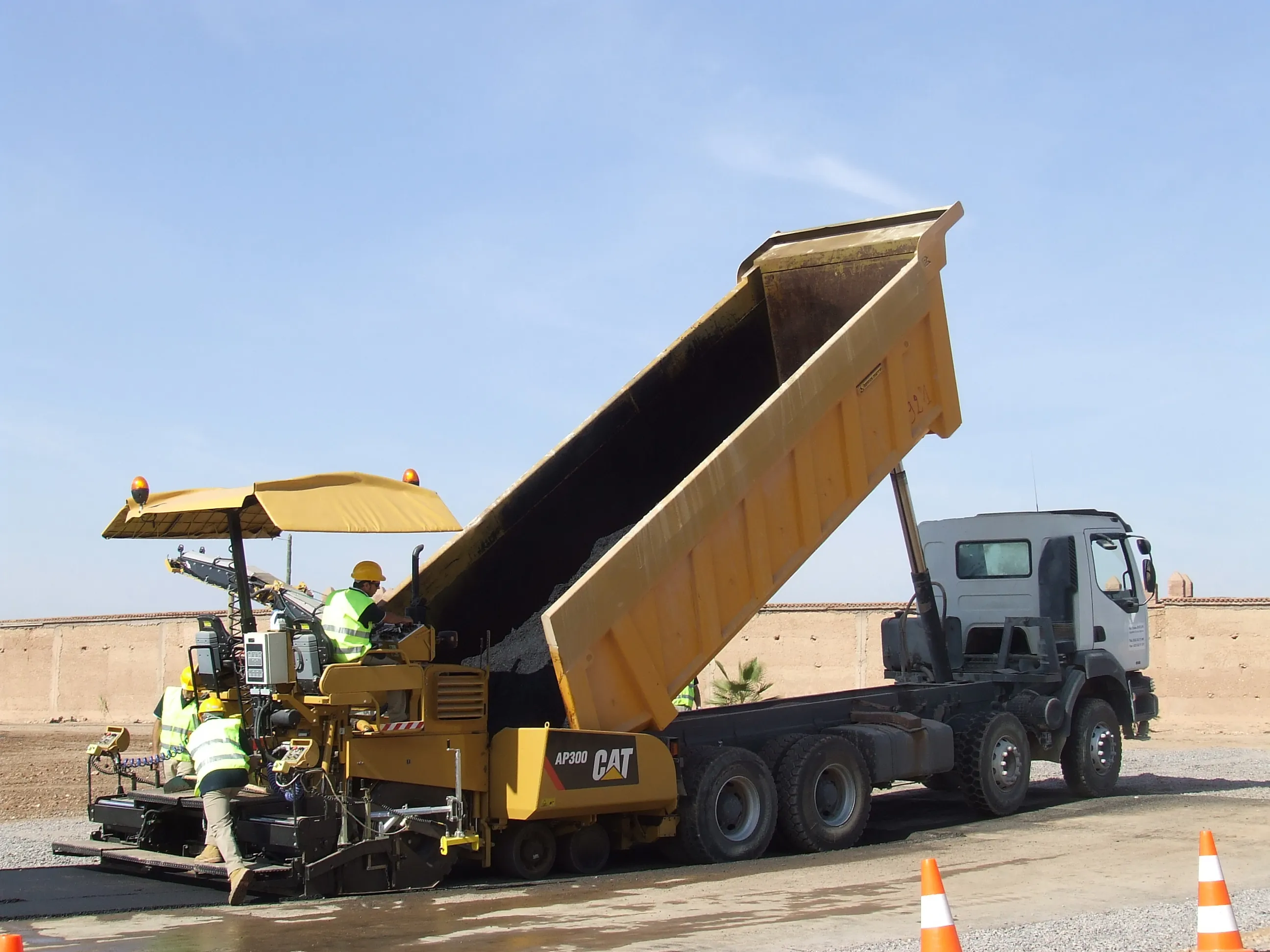March 10, 2017
VSS Macropaver has introduced its state of the art asphalt emulsion plant EP100: using a mixture of mechanical energy and chemistry it produces the asphalt emulsion used by slurry and micropaving machines on the road and takes a lot of the load off the operator








